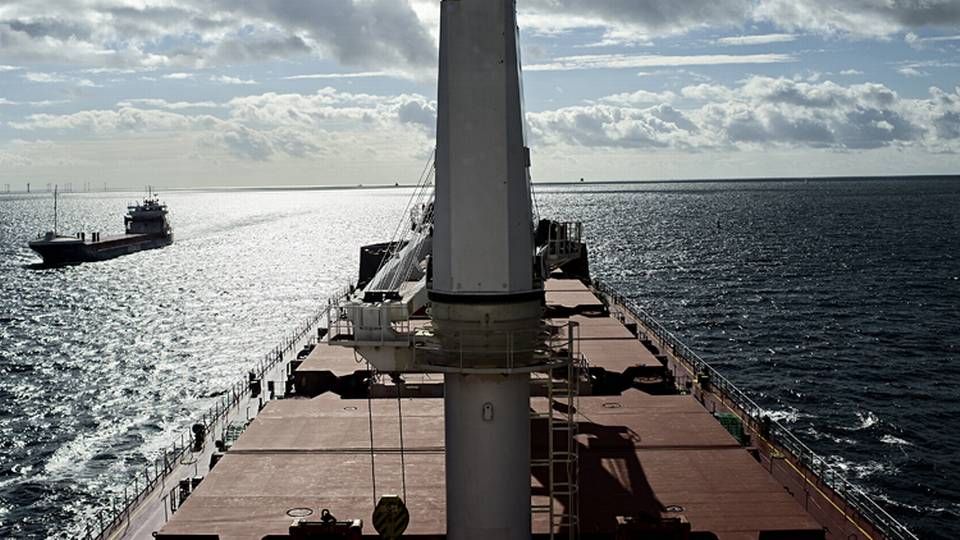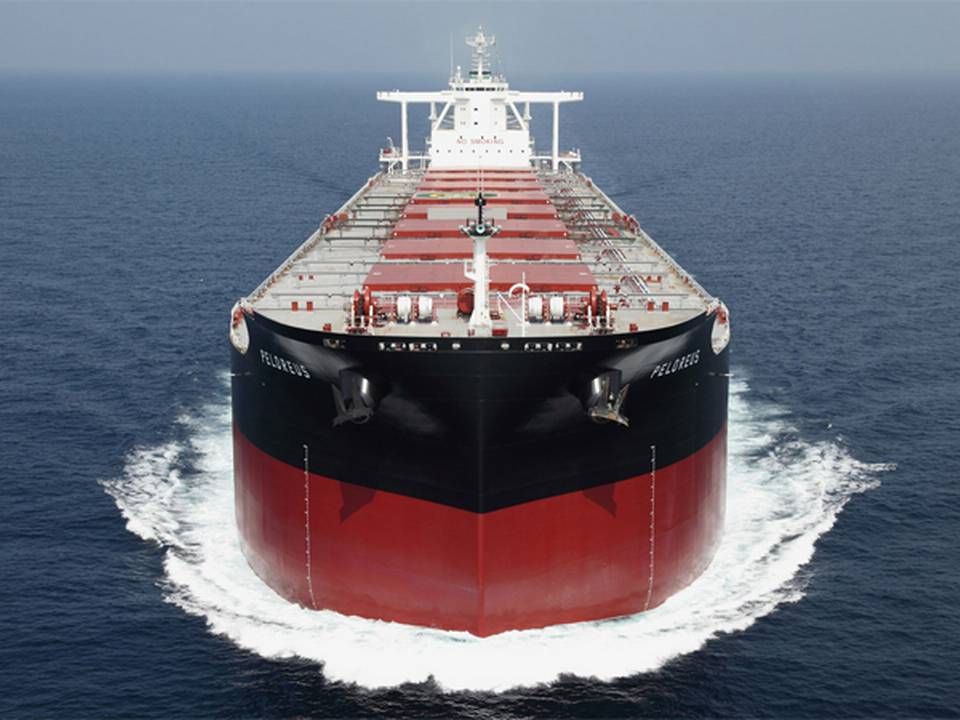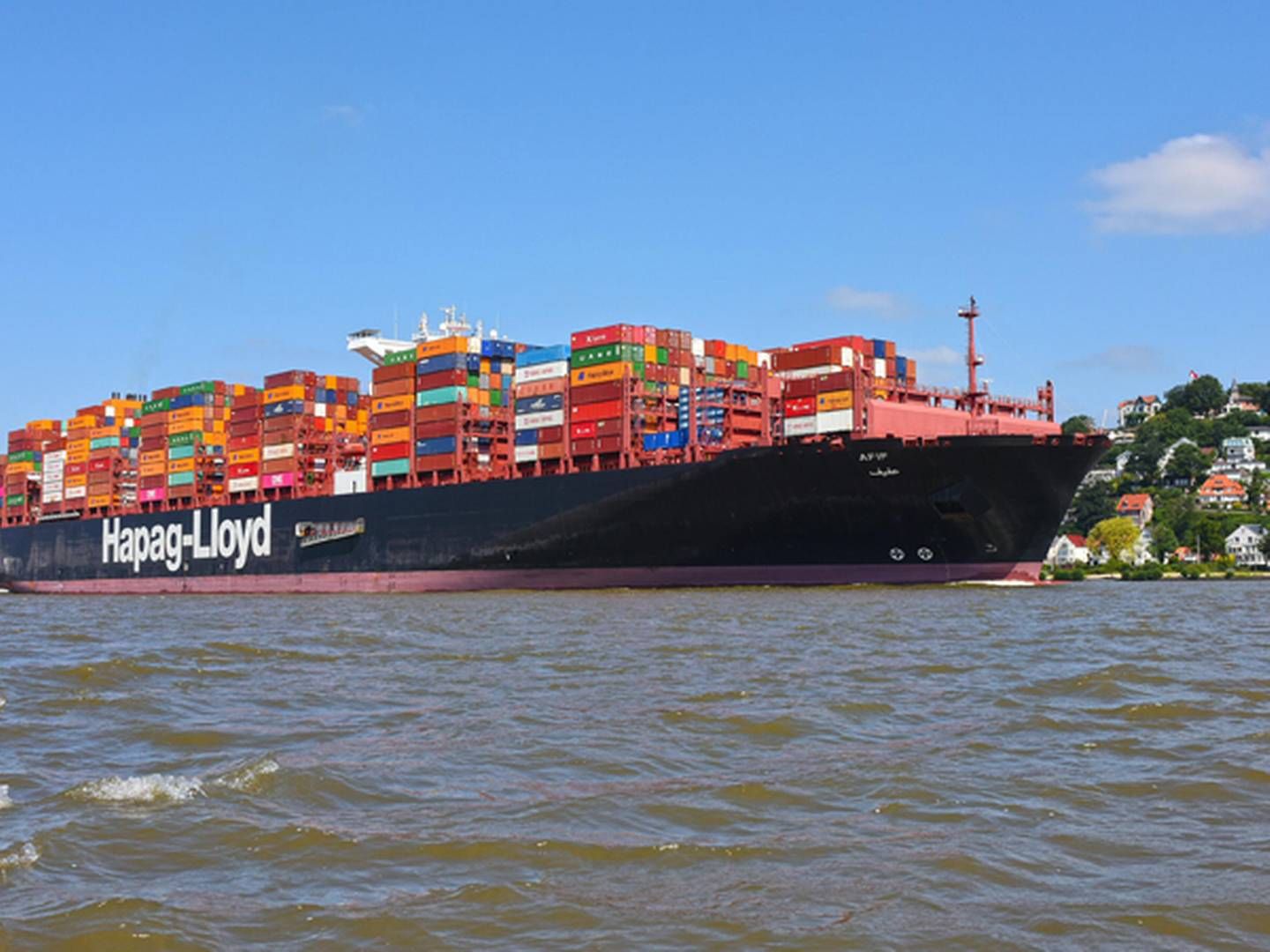Parties behind controversial sulfur proposal issue response

A response has been issued from several of the co-signers to a controversial document which will be on the agenda in a few weeks when member states meet at the IMO's Marine Environment Protection Committee, MEPC.
According to four of the total seven signatory parties, there have been several "misconceptions" in connection with the document, and the Marshall Islands, Bahamas, Bimco and Intertanko wish to address these misconceptions.
Three weeks ago, ShippingWatch reported on the proposal co-signed by the large flag states Marshall Islands, Bahamas, Liberia and Panama, which is supported by the organizations Bimco, Intertanko and Intercargo.
In the document, the parties argue for the necessity of an experience phase where they can build up experience with the global sulfur regulations.
The proposal has prompted fears that it will create uncertainty around one of the key instruments in the enforcement of the sulfur regulations, namely a ban on sailing with high-sulfur fuels on board the vessels. The ban faces a final vote for adoption at the meeting in a few weeks and, according to observers, the document is an attempt to reopen this debate.
Shipping companies such as Torm and Maersk have strongly opposed the document and are questioning the value of an experience phase which will "create uncertainty and delay implementation," as Simon Bergulf, Maersk's head of regulatory affairs, phrased it in an email to ShippingWatch.
Danish Shipping has also voiced its dissatisfaction with the paper, while Greek shipowners support an experience-building phase. Throughout the entire process, several of the parties including Bimco, Intertanko and Intercargo have rejected the accusation that their intention with the proposal is to delay the planned ban on sailing with high sulfur fuel on board which could come into force from March 2020.
Do not want delays
In a press release the four co-signers list several points which they describe as "misconceptions" in connection with the proposal.
The first misconception is that they are working to delay the global sulfur rules taking effect Jan. 1 2020. As late as last week, the IMO's secretary general once again confirmed that the date of the global sulfur regulations is set in stone.
"The paper absolutely does not attempt to change the standard, nor does it seek to delay the 1 January 2020 effective date," stress the parties.
Another alleged misconception according to the parties is that the paper will delay the enforcement of the upcoming regulations around low sulfur fuel containing 0.5 percent. Rather, with the document the parties are striving to promote a "pragmatic approach" amongst authorities, particularly when it comes to incidents where vessels have not been able to tank the right fuel in a port simply because it was not available.
When it comes to the ban of sailing with high sulfur fuel on board, the parties also deny they are attempting to delay the deadline. The ban will be ultimately adopted at the upcoming IMO meeting in a few weeks and there is "no connection between the proposal for an experience phase and considerations around the adoption of these changes," write the parties.
Experience-building phase
As mentioned, the seven signatories want to introduce an experience-building phase for the use of the many new low-sulfur fuels set to enter the market with the new global sulfur regulations. The new fuels create an increased risk of getting in trouble in terms of fuel quality, and as such, there is a need for a period to build up experiences, the parties have argued.
The document does not say how long such a phase should be, and this will be decided by the member states at the two coming meetings of the IMO's Marine Environment Protection Committee, MEPC 73 and MEPC 74, write the parties in the statement Tuesday.
According to the signatories, the final misconception concerns the fact that an experience-building phase will lead to a review of Marpol Annex VI, which would create uncertainty and delay implementation.
"Functionally, such a review cannot delay implementation of the 0.50% global fuel oil sulphur content standard after it has already come into effect. It is not possible to ascertain whether any improvements to the regulatory framework are necessary, without knowing the actual implementation situation after 1 January 2020," write the four parties.
English Edit: Lena Rutkowski & Daniel Logan Berg Munch
Intercargo: Why must shipowners pay the bill?
Hapag-Lloyd passes billion dollar sulfur bill on to customers
Related articles
Intercargo: Why must shipowners pay the bill?
For subscribers


















